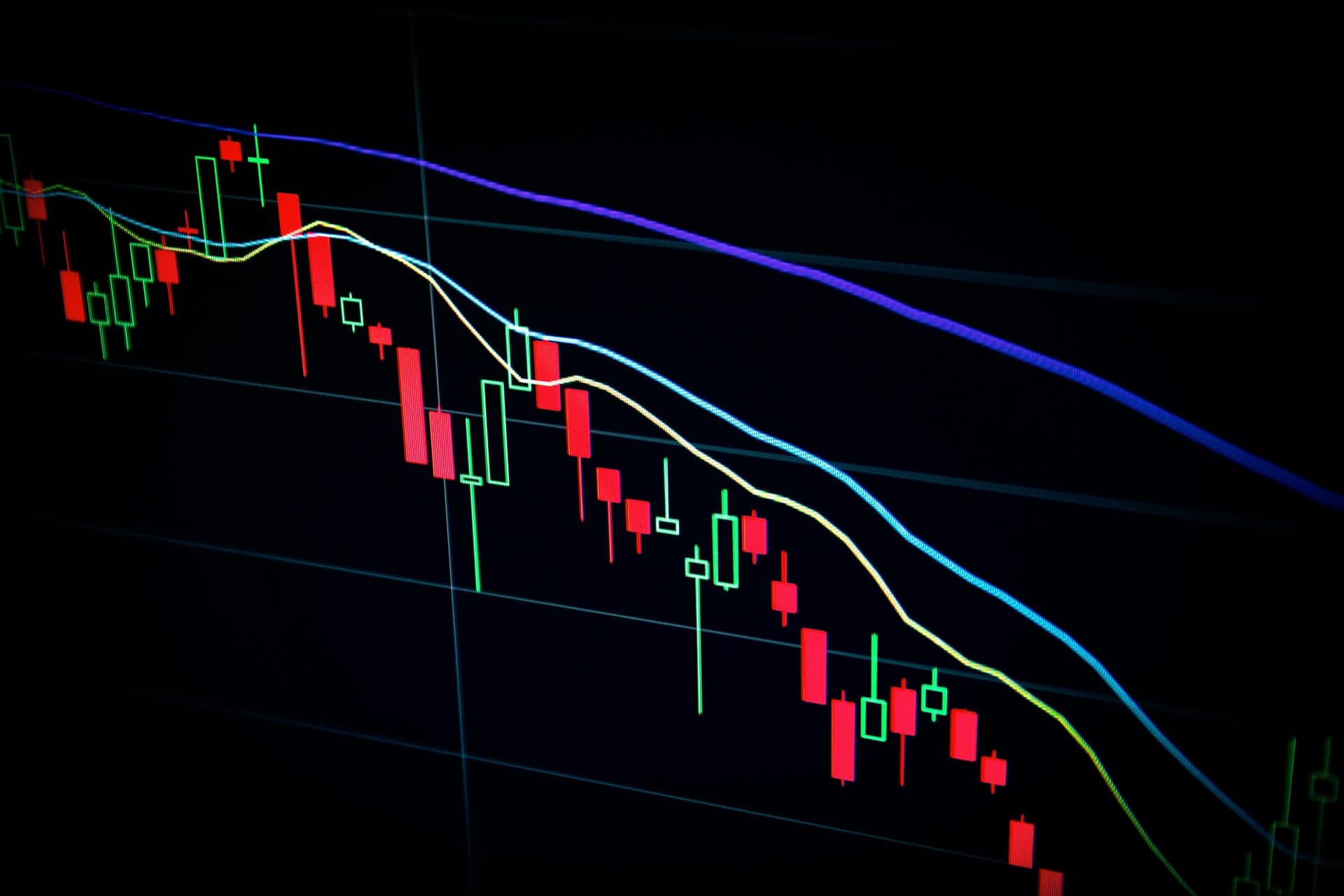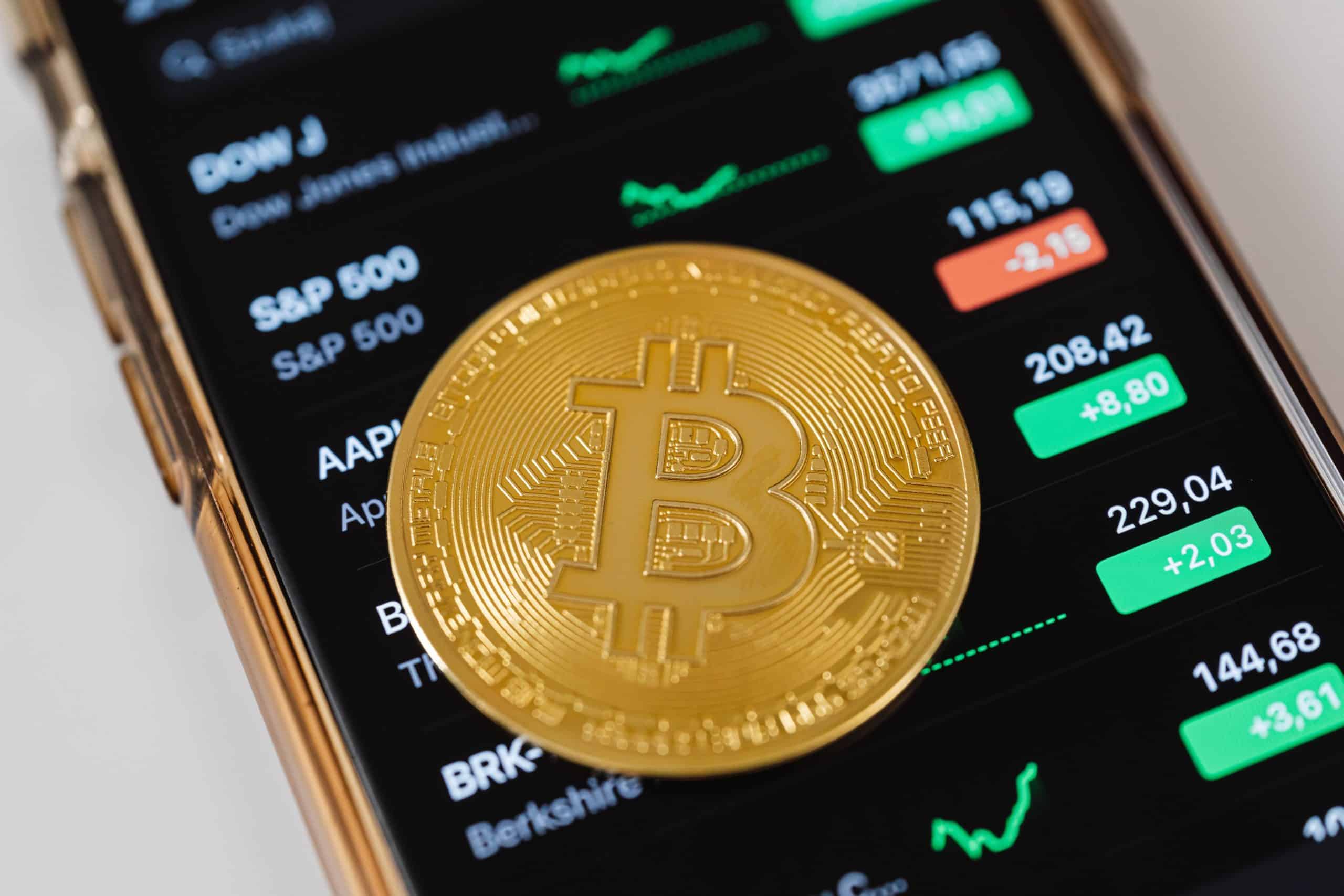Bitcoin has experienced exponential growth over the last decade, becoming recognized as a legitimate financial instrument by the global financial ecosystem. Far from being merely a currency, blockchain technology, the architecture underpinning Bitcoin, finds an increasing number of innovative applications.

The Confluence of Blockchain technology and GPS
One such area of convergence is the use of blockchain technology in Global Positioning Systems (GPS). Users of advanced GPS systems like the one offered by gmapswidget.com are aware of these increasingly sophisticated and secure offerings.
Understanding the blockchain-GPS connection
Savvy GPS users realize the value-add of employing blockchain technology – the simple, transparent, yet powerful system that drives the Bitcoin universe. Blockchain technology offers advantageous properties such as transparency, permanent record keeping, and secured peer-to-peer transactions, which appeal to businesses and consumers alike.
An analyst from Bitcoingambling.org, an expert site on crypto innovations, suggests, “Aside from financial transactions, blockchain technology can be cleverly adapted to optimize and secure various digital systems. One such potential application is GPS tracking and mapping technologies.”
Blockchain technology’s advantages to GPS
Blockchain enhances GPS services and can provide greater security and accuracy. Notably, data stored in a blockchain network cannot be modified, lending an invaluable layer of security and trust to GPS technologies. At a transitioning point, GPS services can vastly benefit from such safety features.
Authenticity and Accountability
When GPS data aggregates on the blockchain, it becomes immutable and reliable. For example, logistics companies can trace the entire journey of their fleet, ensuring the authenticity of their records. Such information fosters transparency and accountability, qualities not just required in financial systems but also in spatial mapping technology.
Enhanced Precision
Utilizing blockchain technology could also help overcome the ‘Urban Canyon’ issue, a drastic declination of GPS accuracy in urban environments due to high-rise buildings. Highlights from an analysis from Bitcoingambling.org states, “Using Bitcoin’s blockchain technology could help surmount precision issues by creating a more advanced and reliable network of geolocation data.”

Blockchain and Advanced GPS services – a robust future
These elements indicate how blockchain and GPS technology could combine to form a more robust geolocation platform. As blockchain technology continues to evolve, it is reasonable to anticipate its implications extend beyond financial services. This progression points to a future where blockchain, as epitomized by Bitcoin, can enhance the trustworthiness and accuracy of advanced GPS systems.